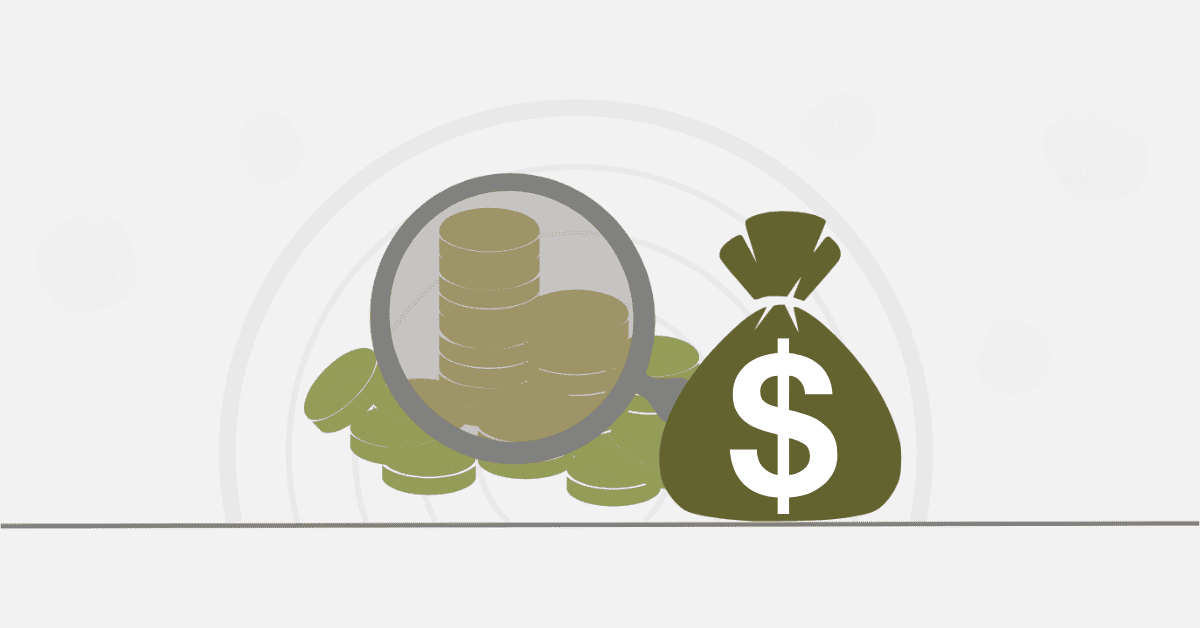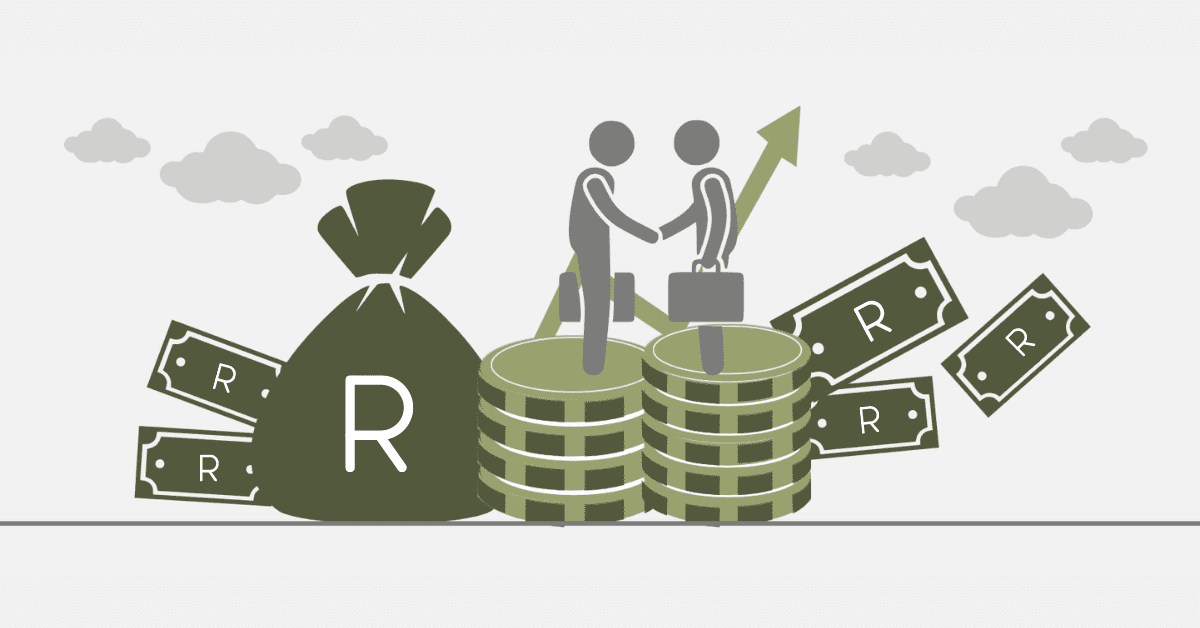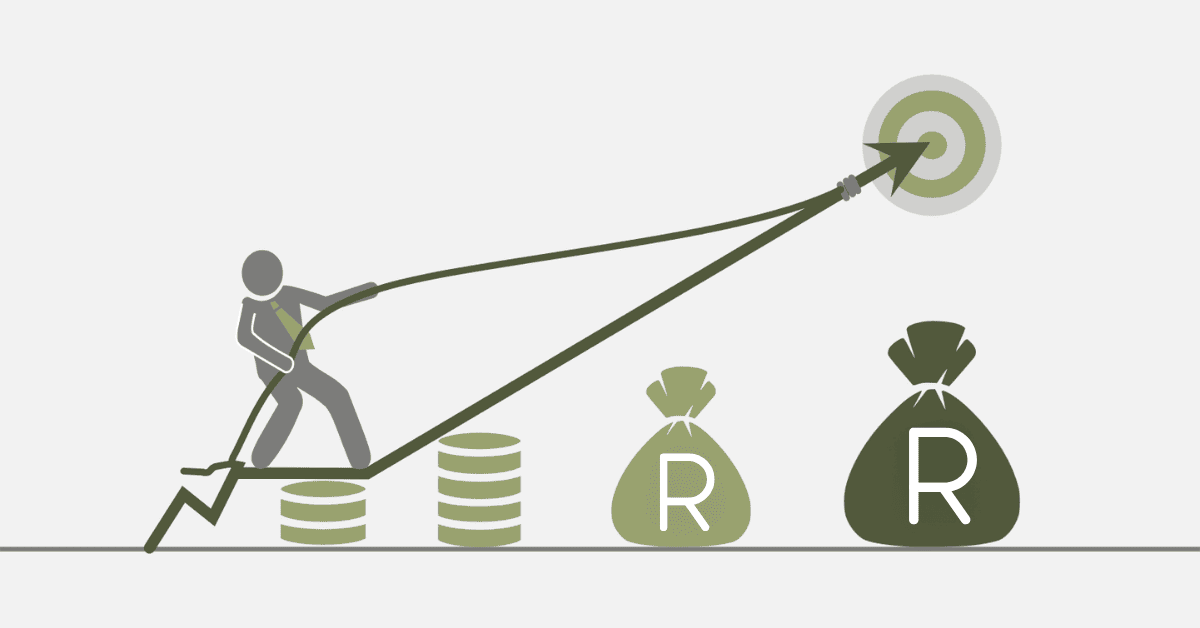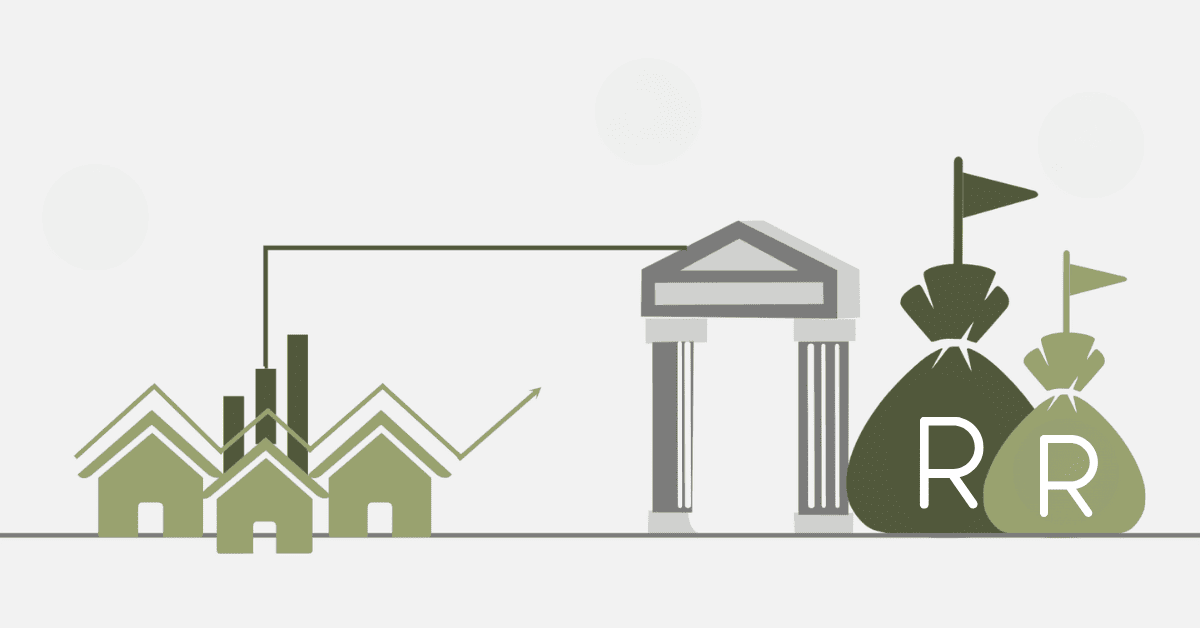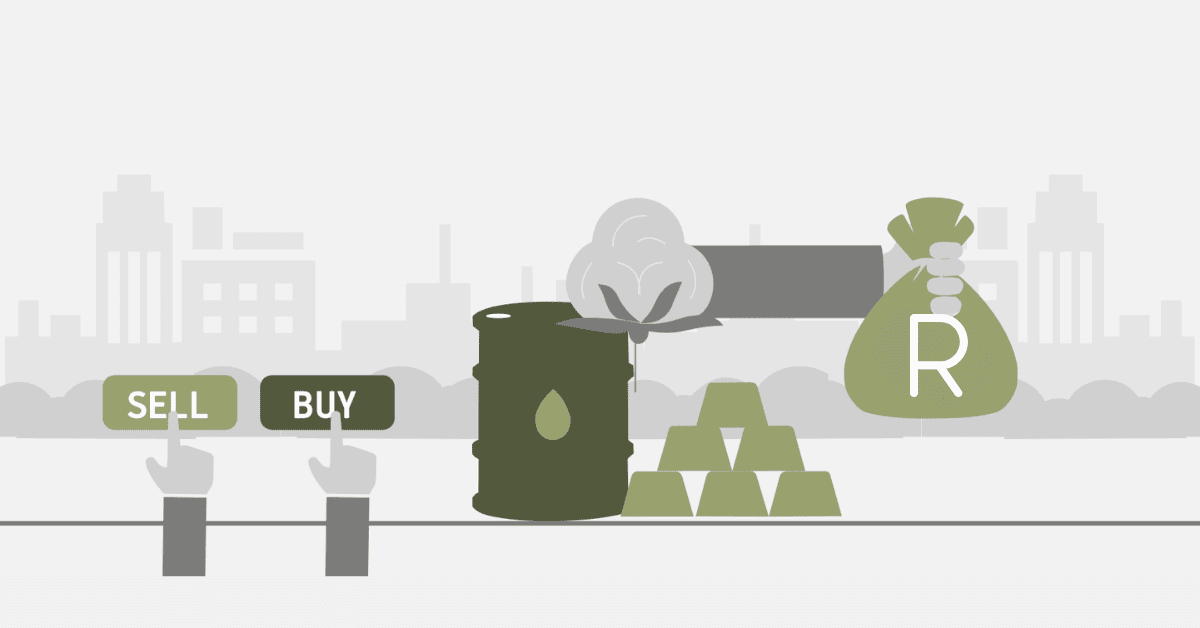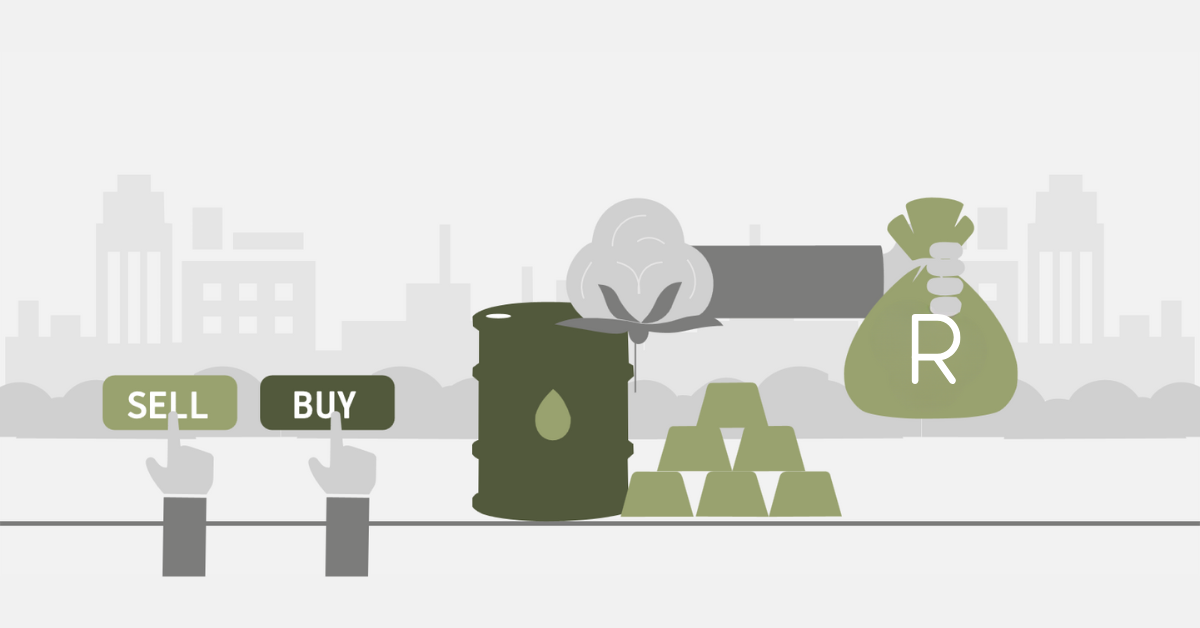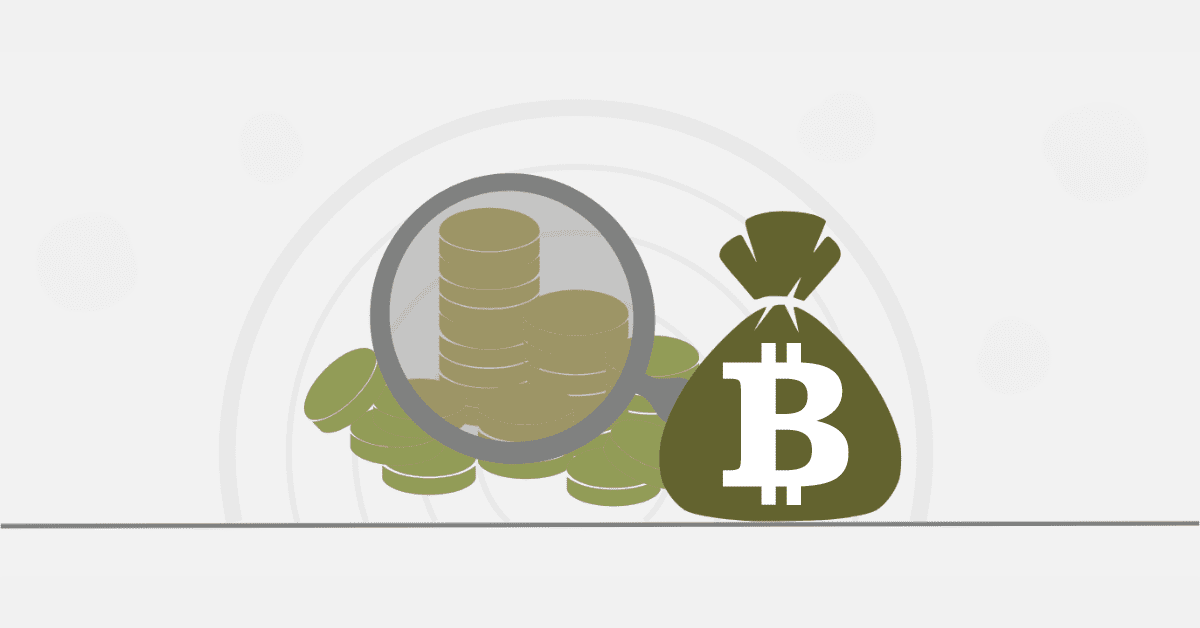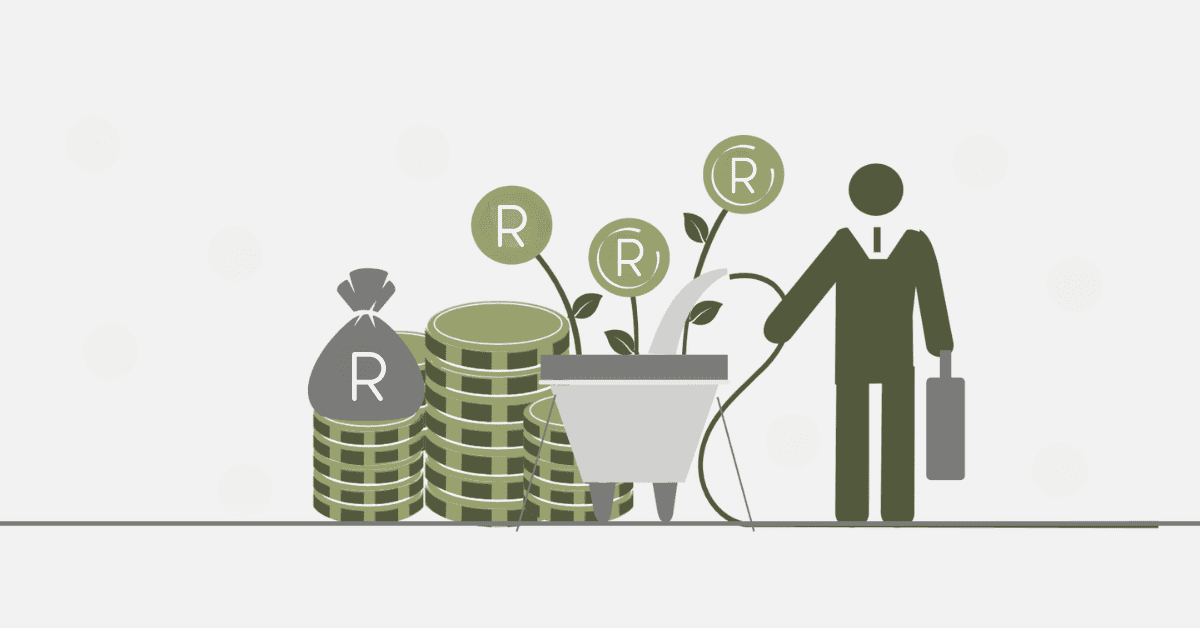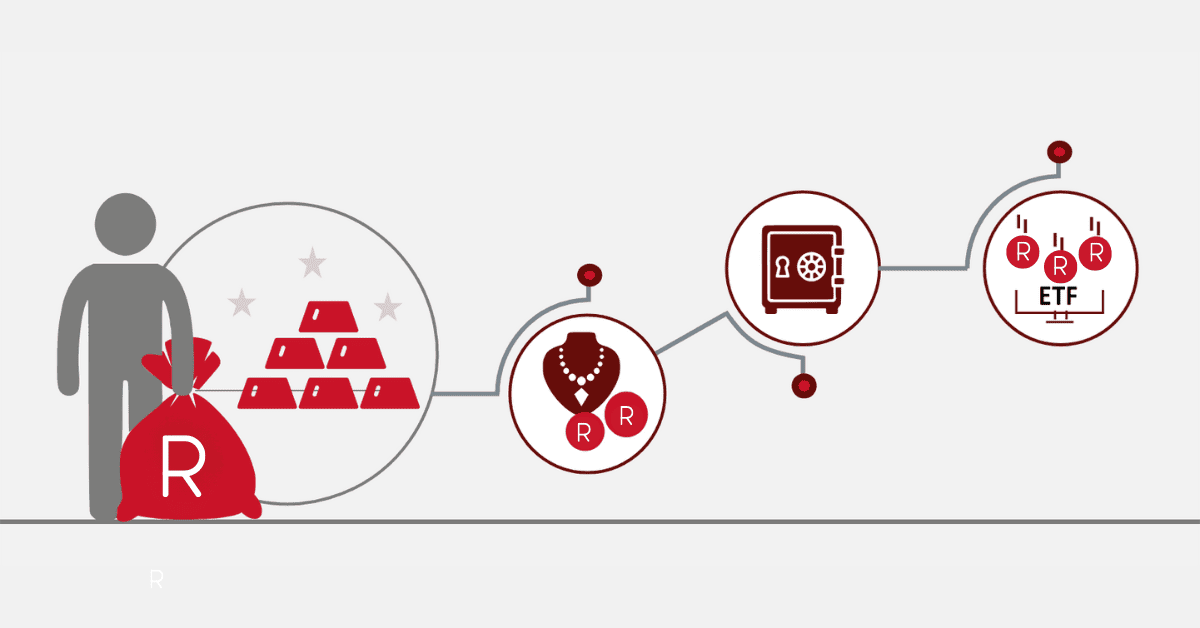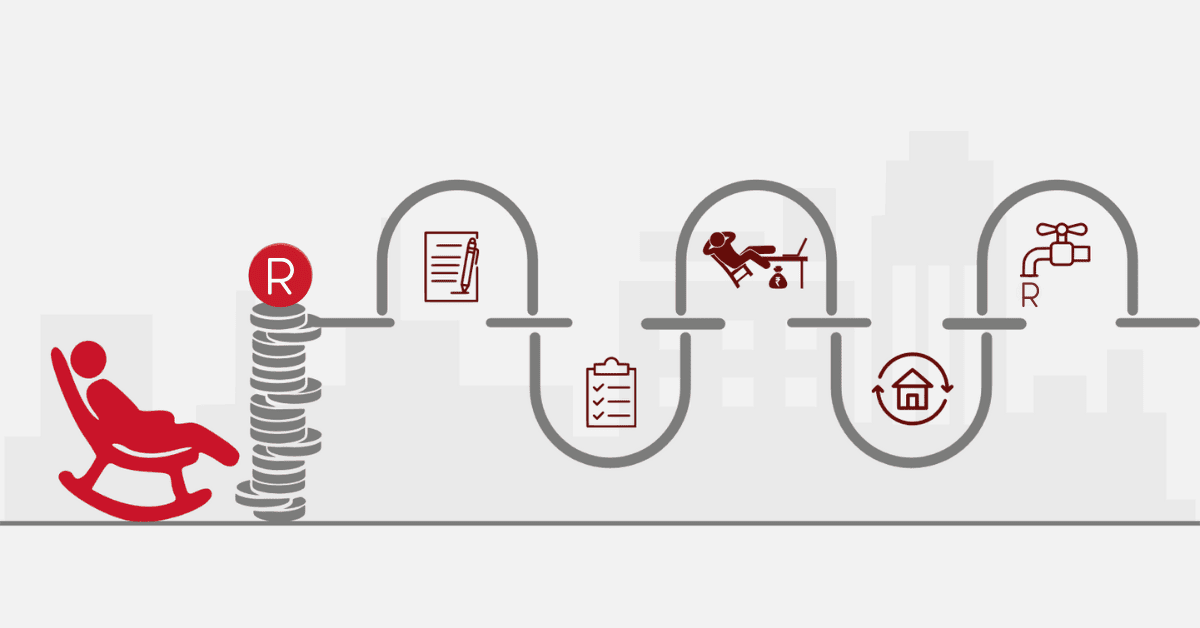Index investing is popular in South Africa because of its simplistic, inexpensive nature and long-term growth potential. In this investment, one does not necessarily go the usual route of stock picking but instead acquires a fund mirroring the performance of a broader market index, such as the JSE All Share Index. The strategy gives investors diversification and exposure to the general growth of the market at less risk than investing in individual companies. This makes index venturing an attractive and cost-effective avenue into the equity market for an increasing number of South Africans who seek to grow their wealth.
What is Index Investing?
Index investing means investing in a fund that follows the performance of a specific stock market index. In South Africa, this comes by trying to track an index that represents the success of the top-performing companies on the Johannesburg Stock Exchange- a collection such as the JSE Top 40 Index or the JSE All Share Index. The idea is to strive for a yield representative of the overall market or segment.
Inside an index scheme is a diversified portfolio of stocks, and over time, when the companies in that index do well, so does your venture. Because it limits active management, this venture is cost-effective and less headache for you. Instead of chasing some threads of stock that might outperform the market, index investing tries to take much larger cuts at attempting to capture the overall market return. This makes a lot of sense for the long-term investor looking to build wealth with less drag from costs.
How Do I Start Investing in Indexes?
It is relatively easy to start index investing in South Africa, and one need not have a great deal of money as an investment to get started. Here’s how:
- Choose an index: First, decide which index you want to track. For SA capitalists, some common ones are the JSE All Share Index, which, as its name suggests, tracks a broad range of companies down to the JSE Top 40 Index, which focuses on the 40 largest firms by market capitalization. Each index has a different risk-return profile, but deciding which one suits your monetary goals and risk tolerance is up to you.
- Choose a platform: To invest in index funds, one needs an account with some brokerage or financial institution. Most online platforms provide South Africa with access to many index funds. Some of these online platforms include EasyEquities. Online platforms enable you to invest with minimal charges; thus, it is easy for beginners.
- Fund your account: Once set up, you must deposit funds to invest in it. Most of these platforms have their minimum set at R500, or even less, for one to get started. This makes index investing available to all sorts of people.
- Buy an index fund: After opening the account and depositing money, you can search for your chosen index fund and buy it at your convenience. Most platforms allow purchasing fractional shares, meaning even if a single unit of an index fund is expensive, you could still acquire a small fraction.
- Track and reinvest: As you’ve made the purchase, the last thing you will do is check on it occasionally. The whole purpose of an indexing investment is to be hands-off with minimal involvement. Reinvest the dividends obtained from time to time for advantageous returns over time.
How Do You Make Cash From Index Funds?
Two significant ways to receive money from index funds in South Africa are through capital appreciation and dividends.
- Capital Appreciation: When the overall market shoots up, the cost of the shares making up the index rises. For example, if the JSE All Share Index shoots up by 10% over the year, one would expect the price of an index scheme that tracks this index to appreciate accordingly. These gains can compound with time, allowing your venture to grow. Capital appreciation is usually slow and steady. Thus, it usually allows long-term capitalists to profit from general market growth.
- Dividends: Most companies in SA pay dividends to shareholders, which are passed through to capitalists in an index scheme. The advantages of dividends are that they can be a frequent source of earnings. These dividends may then be reinvested into the fund, increasing your investment. One of the most effective ways of reinvestment or compounding is reinvesting these dividends since it means owning more shares in that particular index fund without investing any further capital.
How Much Cash Does One Need to Invest in Index Funds?
The most striking feature of this venture is how inclusive the practice has been for investors with varied capital levels. On most platforms, it begins with an investment as low as R500. You can start small, but your long-term return is directly related to how much you invest and how often you put money into the portfolio. With the magic of compounding, small amounts added regularly will grow into a sizeable total. Even though the total at the beginning of an investment portfolio can be small, increasing the contribution over time will go a long way towards improving its growth potential.
Is There a Downside to Index Funds?
While finally, index investing has widely been regarded for its simplicity and low cost as chief advantages, some downsides exist:
- Market Risk: With index funds tracking the general market, the downtrends of the market always hit the funds. If that happens to the JSE All Share Index or any other index, your investment will also fall. Protection, as perhaps offered with an active manager in case of a market crash, is not provided by index investing because you cannot rotate into defensive stocks.
- Rigidity: Since index funds are passively managed, they do not adapt to changes in the market. For instance, an index fund could hold stocks in sectors slumping within the economy.
How Long Should Money Be in an Index Fund?
Index investing is a very long-term game – most financial experts recommend letting the money lie for five to ten years or even more. This gives you the benefit of compound growth and smooths out the fluctuations in the market over the short term. Just like any economy, those of South Africa would have growth and contraction cycles. However, the stock market has usually continued north for more prolonged periods.
